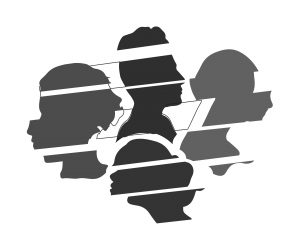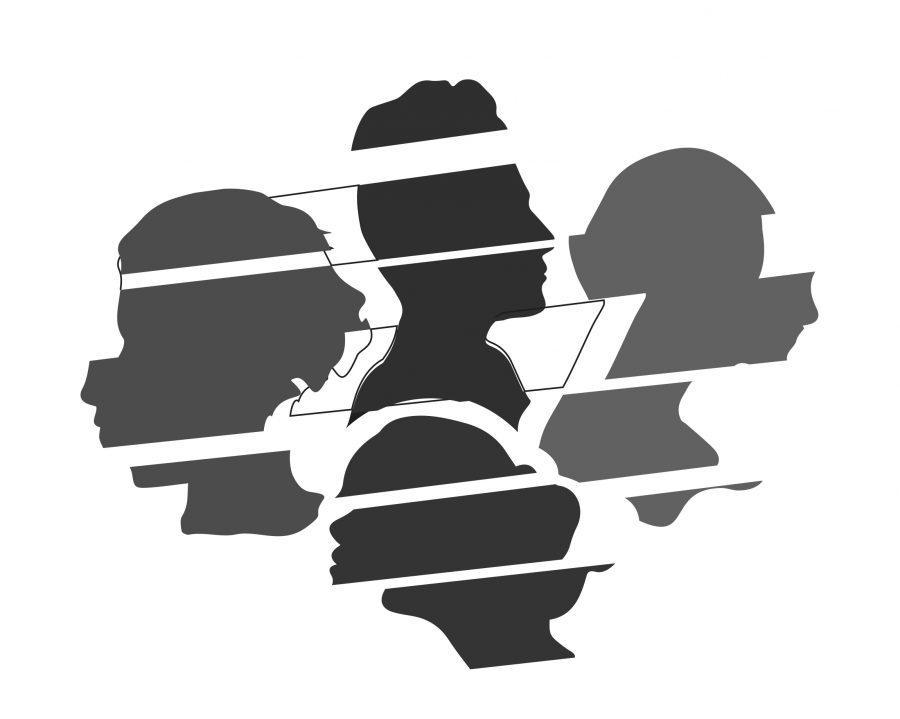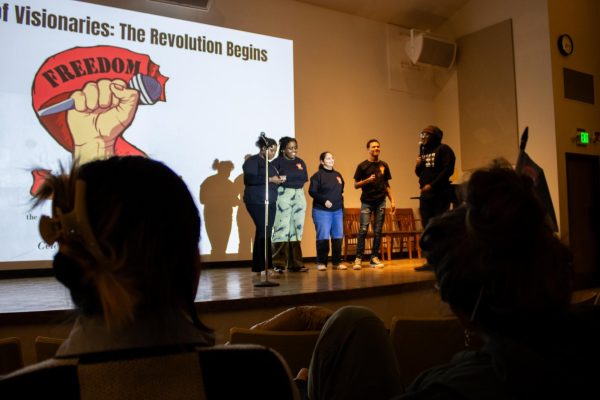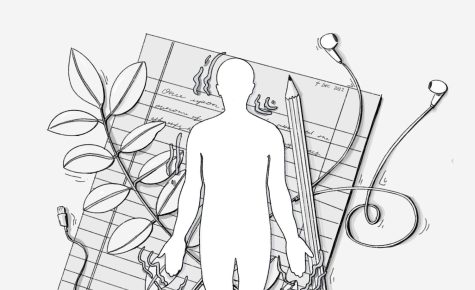Calling out Whitman College
April 13, 2017

On campus, it is generally accepted as a given that ‘privilege’ and ‘entitlement’ are definitively bad. Especially after an event like the Power and Privilege Symposium, words that, in and of themselves, only mean that we are able to affect change or that we have certain rights now possess a negative connotation. The other day though, in the midst of an argument, someone directly called me out asking “why is entitlement bad?” and I was unable to give a thought-out answer. My inability to respond came in part because I had for so long just assumed it as fact and in part because the negative connotation of entitlement is so pervasive on campus.
So many of our social justice ideas are rooted in the idea that privilege is ‘bad,’ that entitlement is ‘bad’ and that inequality is ‘bad,’ without clearly explaining why. Rather than actually being completely and objectively ‘bad,’ there should be an attitude shift on campus in the sense that the way these words manifest themselves in our society is often both unfair and damaging to our sense of justice (why fairness is important and why justice is necessary is a totally separate article and important article). Yet if every human being is ‘entitled’ to a chance at happiness, that would be a positive phenomenon. And if the elderly have the ‘privilege’ of increased respect in our society, that seems only fair (or deserved), given how long they’ve been around. Privilege and entitlement become bad when they are given out arbitrarily to the detriment of the underprivileged who had no choice in the matter and who suffer as a result of their lack. Whitman students as a whole need to more fully understand and defend so many of the social justice issues that they preach, as well as be able examine the underlying assumptions that we take as truths.
Simply imbibing these words with negativity cuts off our own critical thinking and development on the issues. These beliefs we hold dear to our identity must be defended in order to really be internalized. Yes, privilege and entitlement are often ‘bad,’ but only in the sense that they touch people in our society unfairly to the detriment of those unlucky souls. And of course there are many other, possibly better explanations and reasons why these societal issues may be ‘bad,’ but the biggest gripe that I have of our campus is that many students don’t have concrete, thought-out explanations for their beliefs, and that in our collective social justice ‘bubble’ of collusion, we are unable to call each other out on our ignorance. All of which ultimately deprives us of the ‘learning to think’ moments that a liberal arts education aims to provide. Call out your friends, don’t be afraid to ask ‘why’ when you don’t know the answer, and examine your own beliefs because you will be stuck with them for the rest of your life.










Linda • May 9, 2017 at 11:03 am
Peggy, You are great! I support you all the time!